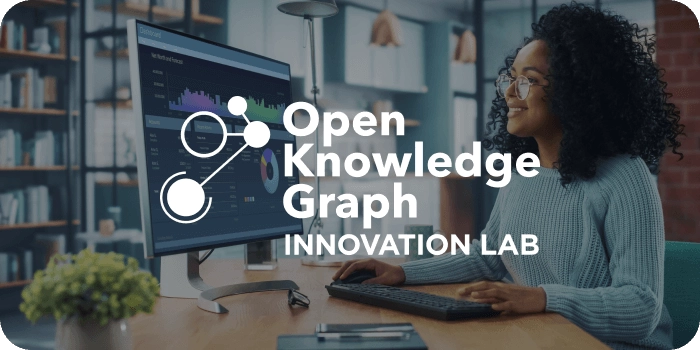Details
Rising costs, global competition, and the complex reality of AI present challenges to businesses across all industries. The “2025 Outlook: Essential Data Integrity Insights” report reveals how organizations must effectively overcome these challenges by making data-driven decisions, reducing costs, and staying ahead of their competitors.
Join us as we dive into our latest survey of over 550 data and analytics professionals, which illuminates how companies are using data to augment efficiency, navigate AI, and overcome data quality challenges.
This webinar also examines how data governance and location intelligence adoption lead to better outcomes for organizations.
Note: This webinar is based on the results of the 2025 Outlook: Data Integrity Trends and Insights report, published in partnership between Precisely and Drexel University’s LeBow College of Business.
Speakers





Post-event summary
The webinar titled “Data Integrity Trends: Insights from a Survey of Data & Analytics Professionals,” hosted by EDM Council and Precisely, centered on the critical need for organizations to embrace data-driven decision-making through enhanced data integrity. The webinar was led by experts in the industry:
- Cameron Ogden, VP, Product Management, Precisely
- Diana Smith, Principal Sales Engineer, Precisely
- Shalaish Koul, Manager, Sales Engineering, Precisely
- Panel Moderator: Antonio Cotroneo, Director, Product Marketing Precisely
- EDMC Moderator: Mike Meriton, Co-founder, EDM Council
Antonio highlighted an industry survey, “The 2025 Outlook for Essential Data Integrity Insights,” revealing that organizations face significant challenges such as rising costs, global competition, and complexities introduced by AI. The survey involved over 550 data and analytics professionals, showcasing a broad industry perspective on data integrity.
The webinar addressed the trust issues in data, noting that 67% of organizations do not fully trust their data for making informed decisions. Cameron discussed the importance of focusing on high-impact data pipelines and automating quality monitoring to improve data reliability. Shalaish added that understanding and managing vast amounts of data is crucial for building trust and ensuring data quality.
A significant part of the discussion also revolved around data governance and the increasing adoption of location intelligence and data enrichment strategies to enhance operational efficiencies and competitive advantage. Diana emphasized the transformative power of spatial data and recommended making it accessible across organizations to leverage its full potential.
One poignant quote from the webinar by Antonio captures the essence of the challenges and opportunities discussed: “Reducing costs and staying ahead of competitors requires effective data-driven decisions, which are underpinned by robust data integrity and governance.”
Overall, the webinar stressed the importance of organizations enhancing their data management practices to overcome challenges and capitalize on the opportunities presented by AI and advanced analytics.



